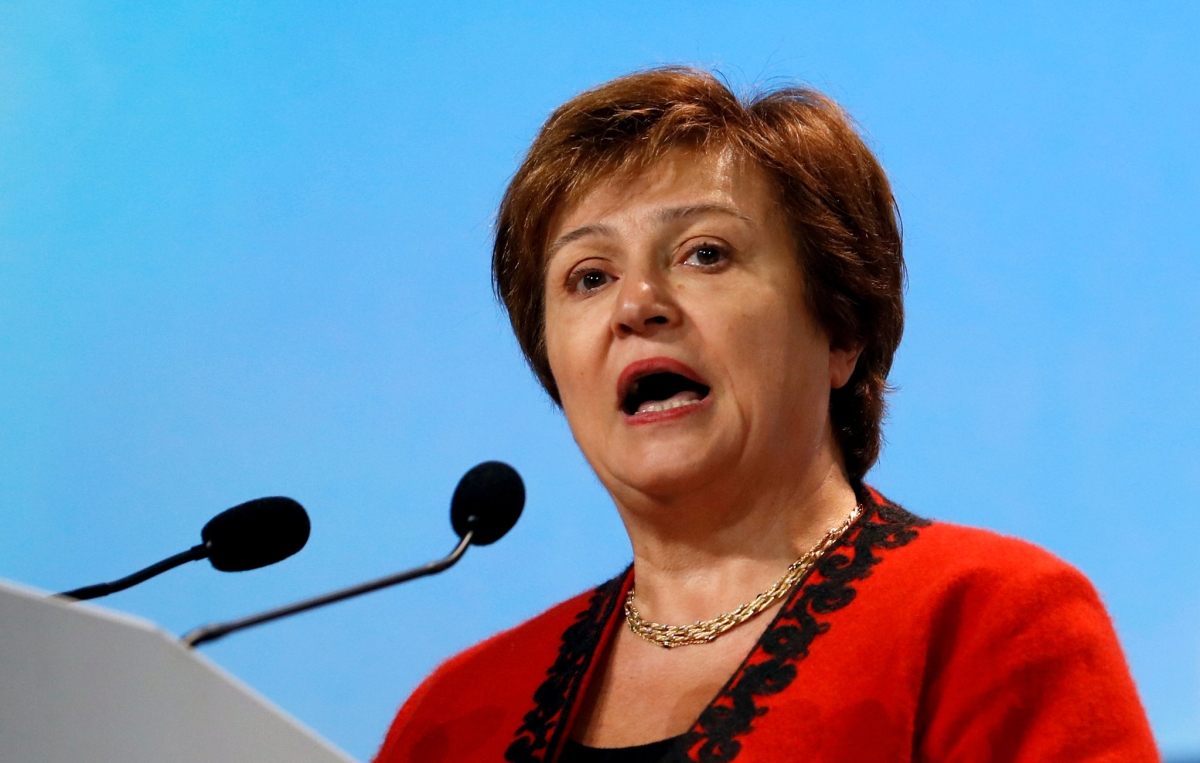The Managing Director of the International Monetary Fund (IMF), Kristalina Georgieva, has voiced deep concern over the ongoing Israel-Hamas conflict, describing it as "heartbreaking" and warning of its potential to further cloud the already uncertain global economic outlook.
Speaking at a news conference during the annual meetings of the IMF and World Bank in Marrakech, Morocco, Georgieva emphasized that her organization is closely monitoring the evolving situation and its impact, especially on global oil markets. She noted that while there have been some fluctuations in oil prices and market reactions, it is too early to predict the exact economic consequences.
"This is undeniably a new cloud on the horizon for the world economy, adding to the existing uncertainties," Georgieva stated. Her remarks align with a growing concern among financial leaders regarding the sudden eruption of violence in the long-standing Israeli-Palestinian conflict, which has already claimed over 2,500 lives.
The conflict has escalated significantly, with Israel vowing to eliminate the Hamas movement, which controls the Gaza Strip, in response to the deadliest attack on Jewish civilians since the Holocaust. Israel's determination not to provide a humanitarian break in its Gaza Strip siege until all hostages held by Hamas are released has raised alarm, particularly as the Red Cross has pleaded for fuel to be allowed in to prevent overwhelmed hospitals from becoming "morgues."
An emotional Georgieva told reporters, "It's heartbreaking to see innocent civilians dying, and it is the innocent who pay the price."
Kristalina Georgieva also addressed the broader economic landscape, highlighting that severe shocks are becoming "the new normal" in a global economy characterized by weak growth, economic fragmentation, and growing disparities. She noted that interest rates are expected to remain higher for an extended period to combat persistent inflation.
She appealed to countries to avoid further escalation of the situation and stressed the need for cooperation and agility in responding to economic shocks. French Finance Minister Bruno Le Maire also expressed concerns, warning that any regional expansion of the conflict would have "problematic economic consequences" on energy prices and global growth.
The Israel-Hamas conflict's potential impact on the global economy is a matter of growing concern, underscoring the urgency of de-escalation and international cooperation in these challenging times.










